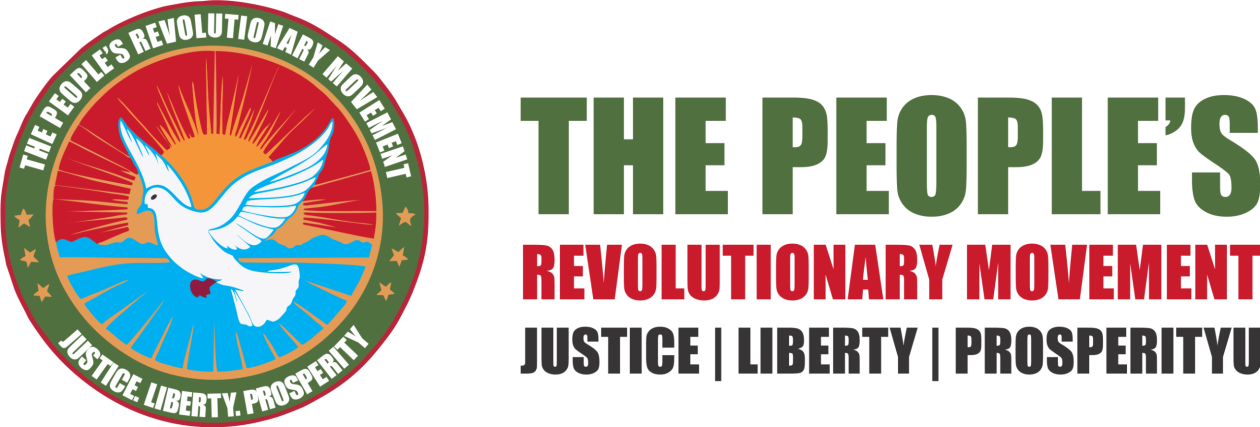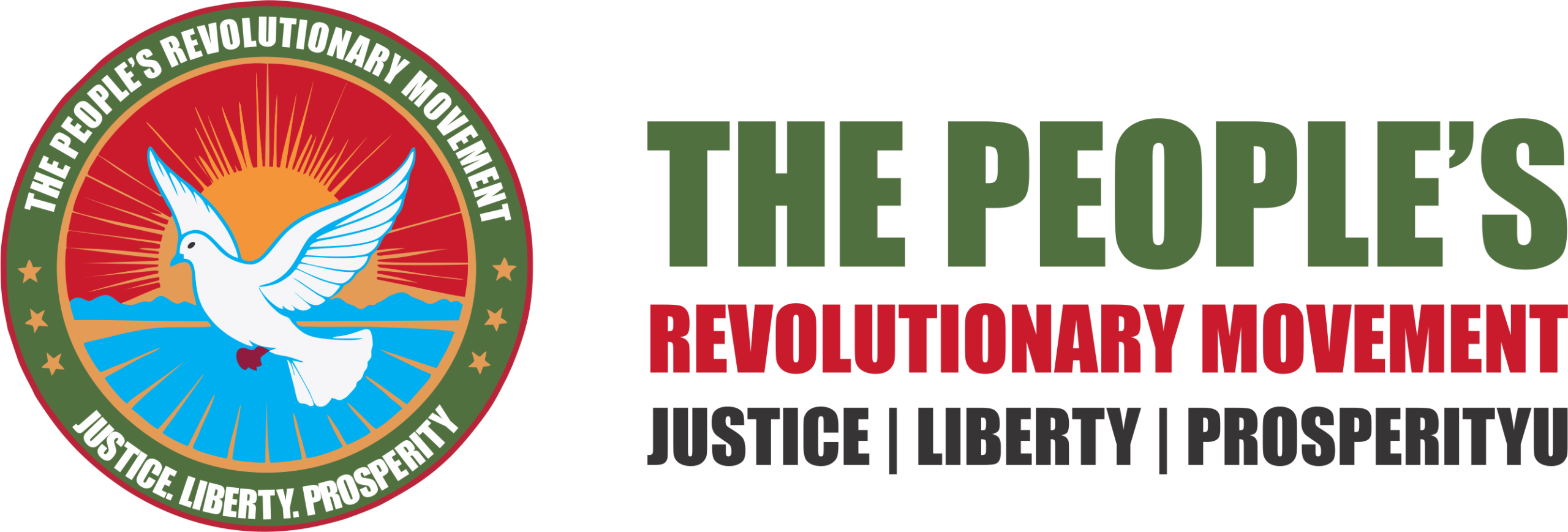
Land Belongs to People, Not the Powerful
“A Constitution is not merely a legal document; it is the soul of a nation.”
Since gaining independence in 2011, South Sudan has functioned under a transitional constitution—a document originally designed as a stopgap for a few years until the people could collectively decide on a permanent social contract. Fourteen years later, that transition has turned into stagnation, and South Sudan remains governed by a document that no longer reflects the will or aspirations of its people.
At PEREMO, we believe the time for excuses is over. The time for a new, people-centered constitution is now.
The Problem: Power Without Accountability
The current constitutional framework has enabled the concentration of unchecked power in the presidency, allowing the executive to override legislative and judicial functions. This imperial presidency has stifled democracy, fueled ethnic favoritism, and led to rampant abuse of office. With no real checks and balances, public institutions are reduced to rubber-stamp bodies, and law becomes subject to the whims of the powerful.
This is not democracy. This is not what we fought for.
What’s at Stake?
-
Endless conflict due to unresolved power-sharing issues
-
Human rights violations without legal recourse
-
Marginalization of communities outside the ruling elite
-
No framework for inclusive development or fiscal decentralization
-
Erosion of national unity driven by ethnic manipulation
Without a new constitution, these issues will persist—and worsen.
PRM’s Vision for a People’s Constitution
We believe the constitution must reflect the collective values, aspirations, and protections for every citizen—regardless of ethnicity, region, gender, or social status. Here is what PEREMO will enshrine in the new constitutional order:
Term Limits and Separation of Powers
No one person or office should dominate our nation. A new constitution will establish strict term limits, a clear separation of powers, and parliamentary oversight.
Dual Executive System
Power must be shared. Our proposed model introduces a President as Head of State and a Prime Minister as Head of Government, ensuring decisions are guided by collective leadership, not individual whims.
Federalism and Devolution
South Sudan is vast and diverse. Governance must reflect this. PRM will embed a three-tier system—national, state, and local—to decentralize power and resources and empower communities to manage their own affairs.
Bill of Rights with Real Enforcement
Our constitution will not only guarantee fundamental rights, but ensure they are enforceable through an independent judiciary, legal aid, and human rights institutions that work.
Inclusion for Women, Youth, and PLWDs
No more tokenism. Representation in leadership, education, and employment will be guaranteed by law and enforced through affirmative action policies.
The Process: People First
A PEREMO-led constitutional reform will be bottom-up, inclusive, and transparent. This means:
-
National civic dialogues in every state and region
-
Participation of civil society, youth, women, traditional leaders, and diaspora
-
Public referenda to approve the final document
-
Independent constitutional commission free from political interference


Good theme !